Hard work sometimes pays off. Smart thinking combined with smart work will always pay off in the long run even if you stumble in the short term.
You work hard. You put in the excessive hours. You work tirelessly on personal projects. How often have you wondered why you’re not further along in your career or life? How often have you wondered why this project is taking so long?
Let me share 12 reasons your hard work isn’t making you successful.
You think brute force will help you overcome intellectual laziness.
I always preach a moving object is easier to redirect than a stationary one, but constantly working on the wrong or minor tasks won’t help you advance in the right direction.
You must consider any goal or project strategically and with major doses of love and desire. “Little thinking” breeds little results.
You think making mistakes is part of the learning process.
Thomas Edison, bless his heart, remarked this when asked if he was discouraged by his lack of successful attempts when inventing the light bulb, “I have not failed. I’ve just found 10,000 ways that won’t work.”
I hate to break it to you. Failing is just failing. No one actually progresses by failing. All failure does is show you what doesn’t work.
Once you’ve made a failed attempt, you still need to figure out what actually does work. At your moment of failure, you don’t know that yet. Ask any golfer and he or she will know exactly what I’m talkin’ about.
No one PROGRESSES by failing. #Failure just shows what doesn’t work. You still need to figure out what does work. https://t.co/E09ZnaK9y9
— Andrew LaCivita (@arlacivita) April 13, 2016
You think preparing a plan will help you feel in control of events that are out of your control.
Plans generally let the past drive the future. This stands to reason because people prepare plans based on what they learned—in the past.
Don’t get me wrong. I’m all for planning. I, however, believe in the planning process, not the plan itself. I believe in making frequent, smart adjustments based on what I’m feeling and what the outside world is telling me. Listen and you’ll hear it. Then, adjust smartly and quickly. By the same token, don’t overreact.
You insist on seeing the entire picture before you take the first step.
Think about building a house. Do you think the architect who’s preparing the blueprint cares about what tile you’re to using for the kitchen backsplash? Complete the sketch and get moving. You can figure out the moldings later.
You don’t quit fast enough because your logic is faulty or your ego is too big.
I wrote an article a few months back titled Are These Biases Killing Your Decisions. One of those biases is the sunken cost bias. You stay with something because you don’t want to abandon the time or money or effort you’ve already expended.
You need to think differently. Every dollar or moment already spent is just that—spent. It’s gone. Choose whether you’d start this project or career today knowing what you know now.
And, if you quit, no one will care how you “look” as much as you do. In fact, next time you want to quite something that doesn’t matter to you anymore, imagine me holding up a big sign for you. The sign says, “Welcome to the Town of No One Cares. Population 7 Billion.”
You don’t impose proper deadlines.
Deadlines are amazing. They keep you on track. They have a way of making you feel guilty or perhaps sweaty. There are all kinds of goodness that come with deadlines when they’re set properly.
The ones that are set too far in the future are bad. You’re as bad at estimating as I am. Set short, frequent deadlines. That way, when you miss one it’ll be a minor miss.
This will also help you discard any initiatives that are no longer worthy of your time (remember the sunken cost bias?). Think of your life as a continuum of deadlines instead of one big one far out into the future.
You don’t have sound judgment because you work too much and are too tired.
I think I just fell asleep writing this line. Get sleep. Change it up. Stay frosty.
You don’t curate properly.
Most people who fail have bigger regrets regarding what they said yes to versus what they said no to. (See My Favorite 8 Ways to Politely Say No.)
Repeat after me. Addition by subtracting feels great. Value the acts of purging and curating.
I once took nine thousand words out of a book to make it better. Get rid of excess. Get rid of people. Get rid of anything that’s holding back your progress.
You spend too much time fixing inconsequential details.
Some parts of the whole are irrelevant no matter how important you think they are. Sometimes it’s the way you stapled the paper (horizontal or vertical anyone?). Other times, it’s recoloring the pie chart for your presentation to the executive committee.
Constantly ask yourself, “Would this matter to anyone else but me?” If the answer to that question is yes, then ask yourself, “Is it worth my time or expense to add it or change it?”
You think the bells and whistles are just as important as the main ingredient.
This is a huge time suck. Get out version one of whatever it is you want to “launch.” Then you can go to version 1.1 or version 2.0 or whatever you want to call it.
Most people spend ten percent of their time getting the first draft to ninety percent complete. Then, they proceed to expend the remaining ninety percent of their time getting the last ten percent complete. It’s ridiculous.
You’re not motivated because you don’t love it.
You might have loved it once. That love might have been genuine or misguided. Either way, if your motivation or love of something is waning, take a breather and reevaluate.
A few minutes of critical thinking might help you gain clarity. Take a peek at Out of Reach but in Sight: Using Goals to Achieve Your Impossible to help you figure this out. For a limited time, I’m giving it away—free—if you sign up for my blog here.
You don’t think ahead because you’re always thinking behind.
I laugh when I see companies constantly trying to keep up with their competitors. I feel sad when I see individuals trying to “keep up” with their peers or friends.
Companies and people are constantly looking at what has already been done! Think about it. It’s the only way you can make a comparison. You have to see what’s been done to know how far behind you are.
Forget that nonsense. Stay true to yourself and what you want accomplish. Go where your heart tells you to go. I promise your heart never lies. Just be ready. You will need to ignore a lot of criticism if you want to see the unseen. It’s all worth it. Trust me.
As always, I’d love to hear from you: What are the biggest reasons you don’t feel you’re getting ahead in life?


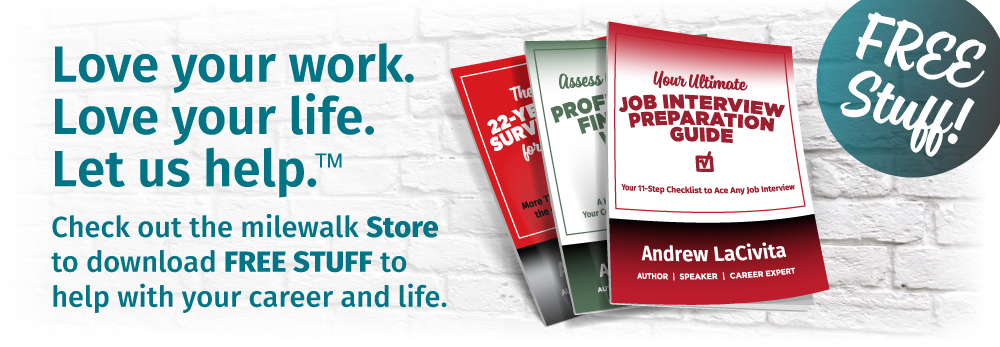

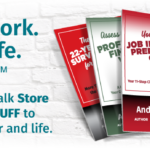

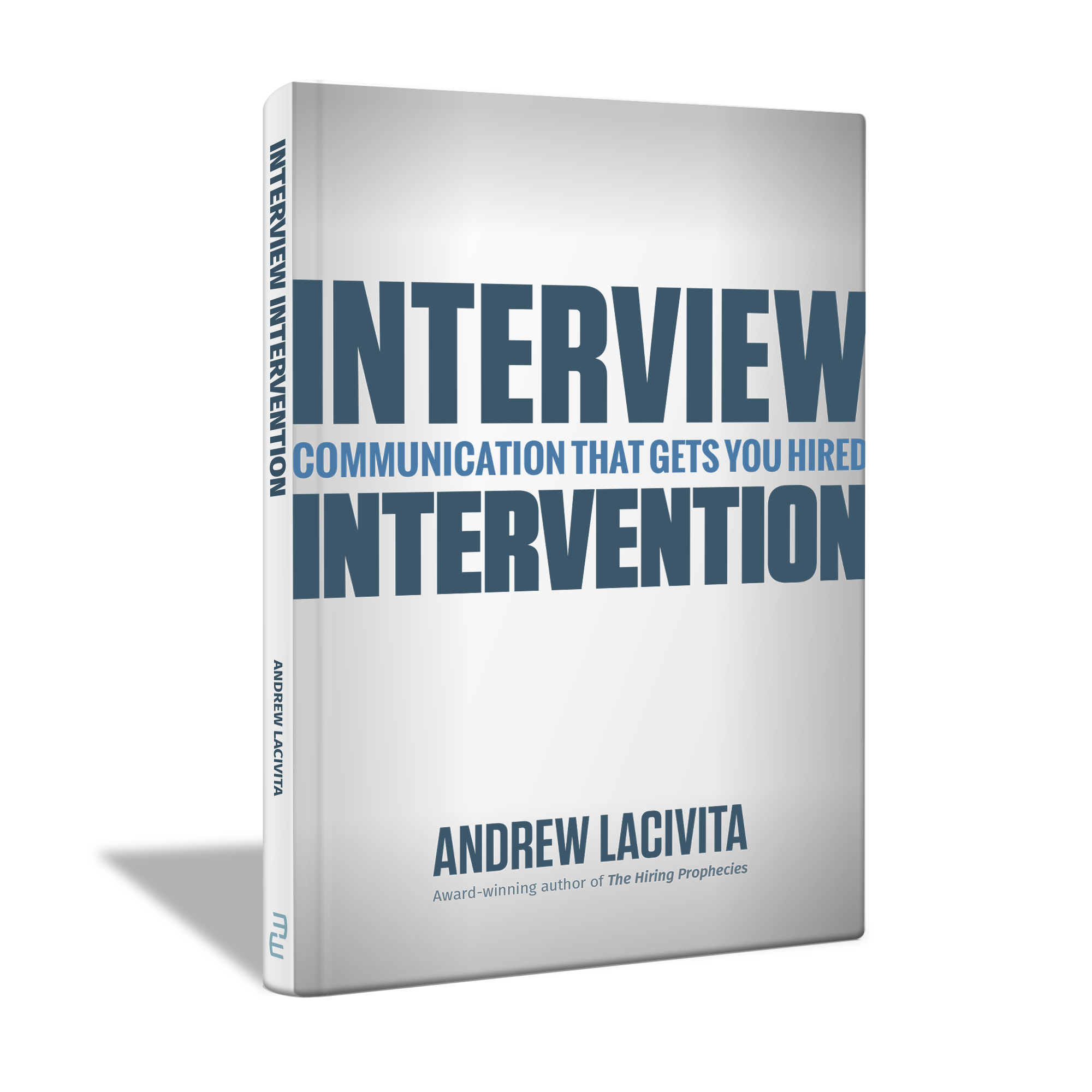
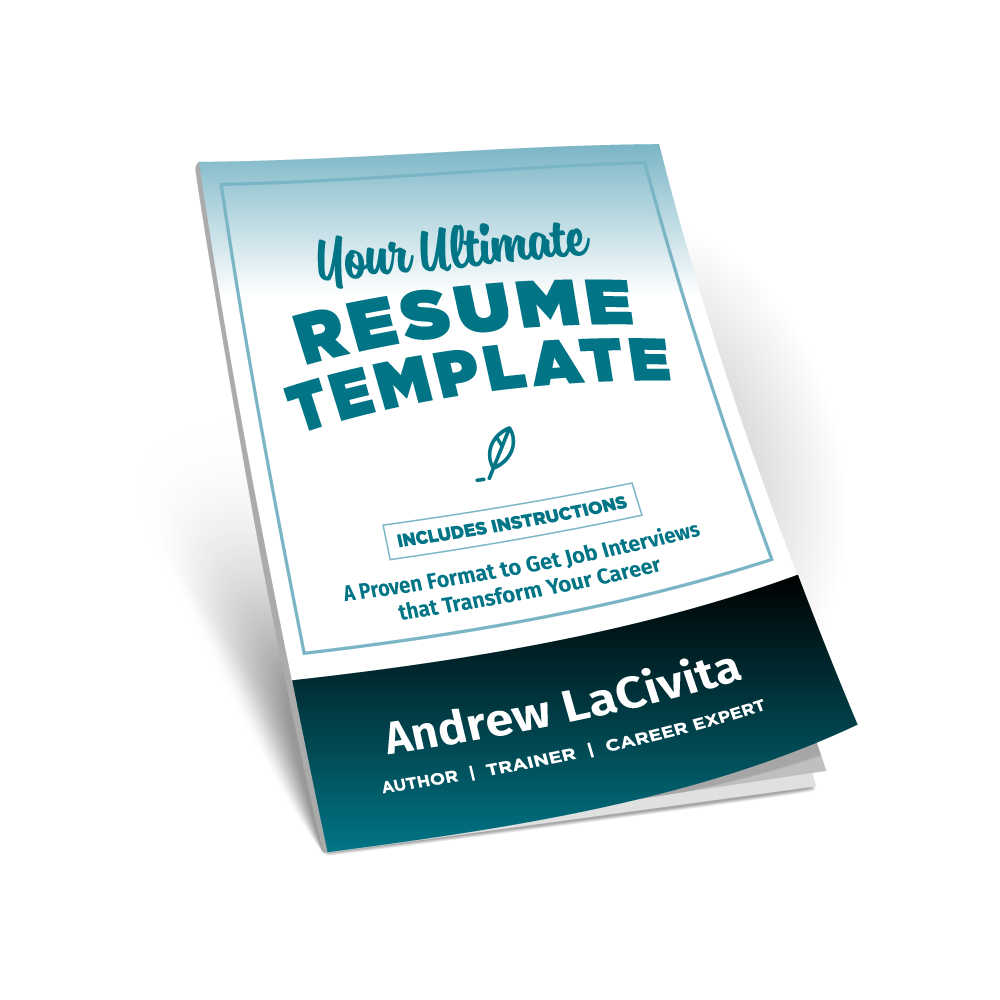
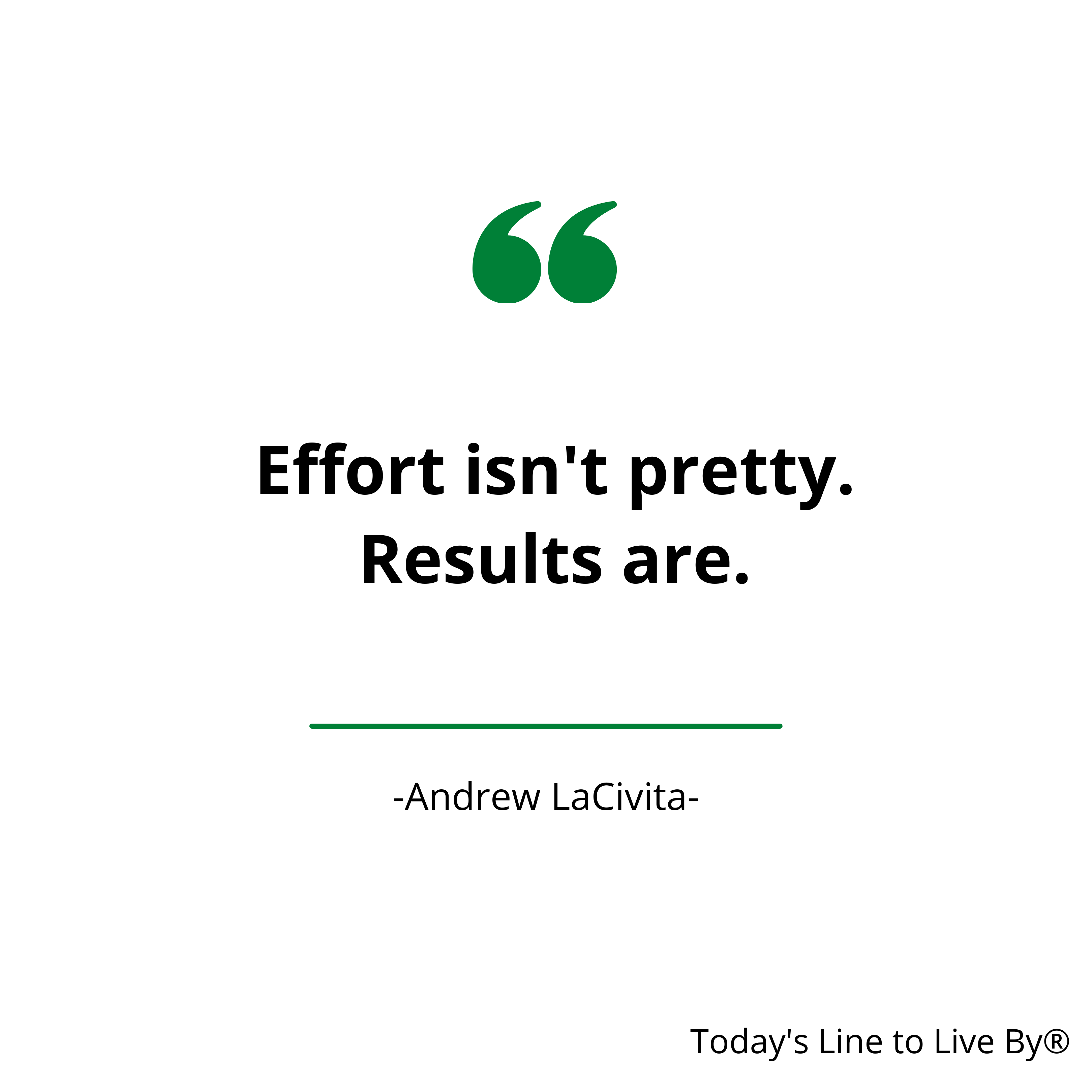
Agree. At this point it is time to take stock and assess your plans. Commitment being there us a good start though. Flexible thinking will help.
Ian, thanks so much for the remarks and glad you enjoyed the post. Hope you’re having a great Memorial Day holiday.